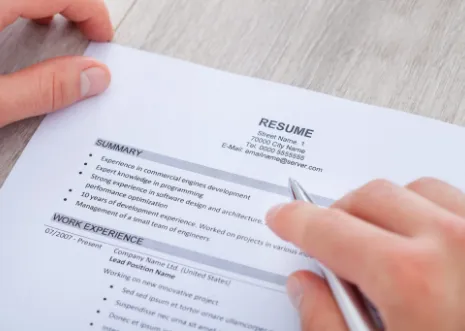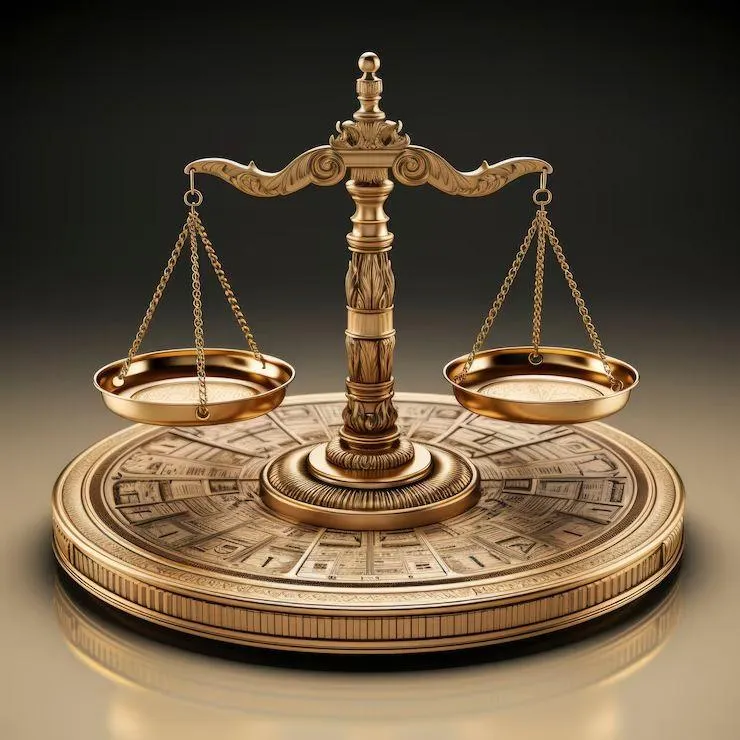Auer Legal Services, L.L.C.
Giving Power Back to Consumers and Debtors
Protecting Consumer Rights Against Unfair Credit and Debt Collection Practices
Consumers and debtors often face unfair practices from creditors and credit bureaus. Creditors may impose hidden fees, charge excessive interest rates, or resort to aggressive collection tactics. Credit bureaus, on the other hand, may report inaccurate information, which can damage a consumer's credit score and financial reputation. While some of this may result from errors, there are cases where these practices are intentionally designed to "encourage" consumers or debtors to pay debts they may not even owe. Regardless of the intent, these actions are unethical and wrong. Consumers have the right to challenge and correct these inaccuracies and to be treated fairly throughout the credit reporting and debt collection processes.

Common Consumer and Debtor Issues
At Auer Legal Services, L.L.C., we provide the following legal services.

Incorrect Credit Reports?
According to the Federal Trade Commission (FTC), one in five people will have an error on their credit report. These mistakes can range from minor issues, like misspelled names or incorrect addresses, to more serious problems such as fraudulent accounts or inaccurate payment records. The FTC also found that 5% of individuals with credit errors ended up paying more for loans.



Being Harassed by a Debt Collector?
When you fall behind on your payments, your creditor—whether it’s a credit card company, doctor, bank, or another lender—may hire a collection agency to recover the debt. While many collection agencies operate professionally, some are not legitimate debt collectors and may use illegal or abusive practices to collect debts.

Being Sued by a Debt Collector?
If you’ve been notified that you're being sued for past debt, it’s natural to feel overwhelmed and consider filing for bankruptcy or ignoring the lawsuit altogether. However, ignoring the lawsuit won’t make it disappear. In fact, debt collectors may file lawsuits hoping you'll overlook them, aiming to secure a default judgment against you. This judgment could allow them to garnish your wages and take other legal actions to collect the debt.


Mortgage/Servicing Issues?
Your home is more than just your most valuable asset—it’s your shelter, your comfort, and a source of pride for you and your family. Whether it’s your first home or your dream home, it means more than just a number in a lender’s portfolio. At least, it does to you. But mortgage servicers—the companies that collect your payments—see things differently, focusing on dollars and cents. So, what happens when your servicer mishandles your payments or claims you owe money you don’t actually owe?

House being Foreclosed On?
If you are facing a possible foreclosure, you may have options to protect your home beyond filing for bankruptcy. It’s crucial to explore all your options if you’re facing foreclosure. Fill out the contact form to schedule a free consultation with an attorney who can help you understand your rights and choose the best strategy for your situation.


Recent Bankruptcy Discharge?
A key objective of the Bankruptcy Code is to allow honest debtors to reorganize their finances and achieve a 'fresh start,' free from the burden of existing debt. However, debtors often lose this fresh start when credit bureaus or creditors incorrectly report trade lines on their credit reports.

Bankruptcy
At Auer Legal Services, we understand that facing overwhelming debt is stressful, confusing, and deeply personal. That’s why we approach every case with one core principle in mind: bankruptcy is just one tool in the toolbox—not the only one.


FCRA litigation
At Auer Legal Services, we fight for consumers whose rights have been violated under the Fair Credit Reporting Act (FCRA). Your credit report plays a critical role in nearly every aspect of your financial life—from qualifying for a mortgage to applying for a job. When credit reporting agencies or creditors mishandle your information, the consequences can be serious—and legally actionable.

FDCPA Litigation
At Auer Legal Services, we stand up for consumers who are being harassed or mistreated by debt collectors. Under the Fair Debt Collection Practices Act (FDCPA), there are strict rules about how and when debt collectors can contact you—and they can’t cross the line. If they do, you have legal rights and can take action.

Testimonials

Jessica M.

Auer Legal Services helped me when a debt collector was harassing me nonstop. I didn’t even owe the amount they were claiming! Attorney Auer walked me through my rights and quickly put a stop to the calls. I’m so grateful I found a law firm that actually listens and cares. Highly recommend!

Brian T.

After my bankruptcy, I noticed multiple errors on my credit report that were tanking my score. Auer Legal Services stepped in and took immediate action. They knew exactly what to do and fought for me until everything was corrected. Their team is responsive, professional, and truly committed to helping consumers like me get a fresh start.

Thomar R.

Facing foreclosure was terrifying. I thought I was out of options until I spoke with Auer Legal Services. They patiently explained my rights, explored alternatives to bankruptcy, and gave me a real plan. Because of their help, I was able to keep my home. If you're in a financial crisis, don’t wait—call them now.
Frequently Asked Questions
What is the Fair Debt Collection Practices Act (FDCPA)?
The FDCPA is a federal law that regulates the behavior of debt collectors, prohibiting abusive, deceptive, or unfair practices when attempting to collect debts. Violations can lead to litigation and compensation for damages.
What damages can I recover in an FDCPA lawsuit?
If successful in an FDCPA lawsuit, you may recover statutory damages up to $1,000, actual damages (such as emotional distress or financial harm), and reasonable attorney's fees and costs.
What types of bankruptcy are available for individuals and businesses?
Individuals typically file Chapter 7 (liquidation) or Chapter 13 (reorganization), while businesses may file Chapter 7 or Chapter 11 (reorganization). Our attorneys will help you understand which option best suits your financial situation and goals.
Can bankruptcy help me avoid foreclosure or repossession?
Absolutely. Filing bankruptcy often halts foreclosure proceedings and repossessions, allowing you to reorganize your debt or catch up on missed payments under a court-approved plan.
How do I know if a debt collector has violated the FDCPA?
Common violations include harassment, repeated calls, using threatening or obscene language, falsely representing the debt amount or legal consequences, and attempting to collect debts not owed. Consulting an attorney can clarify if your rights have been violated.
Can the Federal Trade Commission (FTC) assist me with unfair debt collection practices?
Yes, the FTC investigates widespread debt collection abuses and enforces compliance. While the FTC doesn't represent individual consumers, its actions can support private litigation and lead to broader regulatory enforcement.
Will filing bankruptcy stop creditors from calling me?
Yes. Once you file bankruptcy, an automatic stay immediately goes into effect, prohibiting creditors from pursuing collection actions, including calls, lawsuits, wage garnishments, and foreclosures.
